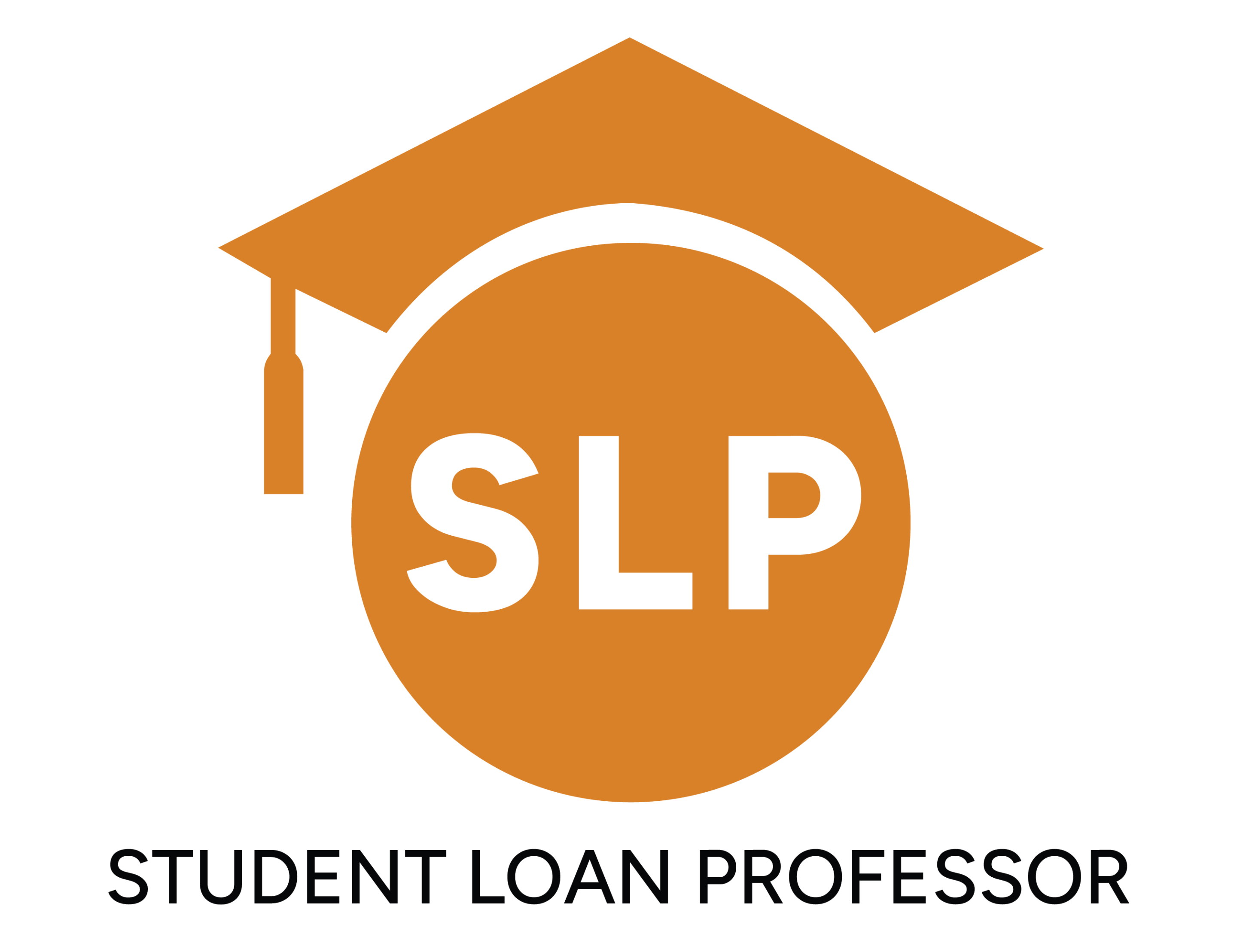What Is Aidvantage Student Loan?
Aidvantage is a federal student loan servicer that handles loans for the U.S. Department of Education. As of 2024, it manages over $290 billion in student loans for over 8.4 million borrowers who were previously with Navient.
The Company works as a middleman between borrowers and the Department of Education. It processes your payments, helps you choose repayment plans, and guides you through loan forgiveness programs.
You might have Aidvantage as your servicer if your loans moved from Navient in 2021, if you recently consolidated your loans, or if your previous loan services ended their federal contract.
You may check if Aidvantage handles your loans by logging into your Federal Student Aid account or calling the Federal Student Aid Information Center at 1-800-433-3243.
Note: Aidvantage manages your loans, but the federal government actually owns them.
Key Takeaways:
- Aidvantage services federal student loans, replacing Navient as loan servicer.
- Offers flexible repayment plans including standard, graduated, and income-driven options.
- Supports loan forgiveness programs like PSLF and income-driven repayment forgiveness.
- Provides military benefits including deferments, interest caps, and full loan discharge.
Aidvantage Student Loan’s Services: What to Expect?
Aidvantage provides three primary perks that make managing your federal student loans easier.
1. Comprehensive Repayment Options
The biggest advantage is the flexible repayment options, which can help you find a plan that matches your financial situation.
Standard Repayment Plan
This plan splits your loan into fixed monthly payments over 10 years. Your payments stay the same each month, which makes budgeting simple.
Also, since you’re paying off the loan faster (compared to the extended repayment plan), you’ll pay less overall interest.
Graduated Repayment Plan
This plan is similar length-wise to the standard one. However, your payments start low and go up every two years.
The graduated plan is ideal if you’re currently earning less but expect your income to increase over time. The initial payments are smaller, but the overall interest will be more, so don’t forget to factor that in.
Extended Repayment Plan
This plan stretches your payments over 25 years, making your monthly payments significantly smaller. However, you’ll need a loan balance of more than $30,000 to qualify for the extended plan.
This plan suits those who need lower monthly payments and are comfortable with a longer repayment period of 25 years. Also, it has the highest overall interest compared to the previous two.
Income-Driven Repayment (IDR) Plans
This income-based payment plan depends on your income and family size.
Individuals with low incomes will pay less and can even pay $0 if their income is low enough, typically less than 150% or 225% of the poverty line, depending on their IDR plan.
Note: Much like most Loan Servicers in the U.S., Aidvantage offers a 0.25% interest rate cut when you sign up for auto-pay, which saves you money over time.
2. Access to Forgiveness Programs
Aidvantage offers federal loan forgiveness options to help you clear your student debt. Here’s how:
Public Service Loan Forgiveness (PSLF)
The PSLF program helps people who serve their communities. If you work full-time for the government or a non-profit organization, the government will erase your remaining loan balance after 10 payments.
Your job as a teacher, nurse, firefighter, or other public service position could qualify you for this program. Aidvantage files your employer certification forms and keeps track of your qualifying payments.
Income-Driven Repayment Forgiveness
IDR plans allow for loan forgiveness after 20-25 years of constant payments. Depending on your IDR plan type (SAVE, PAYE, IBR, etc), the government will forgive the remaining balance of your loan after spending 20-25 years or constant payments.
Aidvantage’s role here is to review your income each year to adjust your payments and to make sure you stay on track for forgiveness.
Note: If your school misled or broke state laws, you may qualify for borrower defense discharges. This program could erase your loans completely.
If that’s the case, Aidvantage will process your borrower defense claim and let you know when the government makes a decision regarding your case.
Related: How to Lower Your Student Loan Payments in 2024
3. Military Benefits
Aidvantage can help service members handle their federal loans through various programs. The company’s Military Benefits Team guides you through each option and helps you get the support you need.
Here’s a quick overview of the programs you may qualify for:
Servicemembers Civil Relief Act (SCRA)
If you serve on active duty, the SCRA caps your interest rate at 6% on any loan you get before you’re serviced.
If you utilize Aidvantage, you don’t even need to apply for SCRA. Aidvantage looks up service records and adds this loan limit automatically.
Military Service Postponement
When you serve during war or national emergencies, you can pause your loan payments through the Student Loan Deferment program.
The program covers all active duty personnel, including National Guard members. Additionally, your payments will remain paused for six months after you return home.
Public Service Loan Forgiveness (PSLF)
According to the PSLF program, military service counts as public service work, which means your time in the uniform doesn’t hinder your journey to loan forgiveness.
After 120 payments, Aidvantage will process the forgiveness of your remaining balance.
Higher Education Relief Opportunities for Students (HEROS) Act
The HEROS Act assists service members in managing student loans while on active duty. For example, if you’re utilizing an IDR plan, you’ll usually need to send Aidvantage updated information about your income and family size annually.
However, if you’re currently serving in a warzone dealing with national emergencies, sending these documents may not exactly be at the top of your list. Under the HEROS Act, Aidvantage will keep your current payment amount without requiring new paperwork.
Military No-Interest Accrual (MNIA) Benefit for Direct Student Loans
If you’re serving in hostile areas, your loans won’t accrue interest while you’re stationed there.
Additionally, the MNIA program stoops interest rates for up to five years on any direct loan you received after October 2008.
TPD Discharge (Total and Permanent Disability)
Veterans with serious service-caused disabilities can get their federal student loans fully canceled through the TPD program if they meet one of these two conditions:
- They have service-caused disabilities that leave them 100% disabled
- The Department of Veterans Affairs (VA) determines that they can’t work because of their service-caused disability.
Once approved, Aidvantage stops all payment requirements on your loans, effectively erasing the entire loan balance, including any interest that had built up to this point.
Note: The disabled vet won’t need to pay taxes on the forgiven amount since it’s a disability discharge.
DOD (Department of Defense) Student Loan Repayment Program
The DOD offers other military benefits through its Student Loan Repayment Program. You need to contact your military education coordinator about these extra options, as they vary per case.
You can reach Aidvantage’s Military Benefits Team at 833-793-2135 or through your online account.
Final Words
Successfully managing student loans involves knowing your obligations and opportunities. Aidvantage can help you with both by serving as your primary point of contact.
It’ll offer comprehensive repayment options, specialized military benefits, and forgiveness programs. It will also serve as your information center to answer any questions you have through its 24/7 customer service at 800-722-1300.
Moreover, if you seek personalized advice on student loans and think that you need more information, contact us at Student Loan Professor for a tailor-made consultation.
Also Read: Ranking the Best Student Loan Servicers in 2025
Brandon Barfield is the President and Co-Founder of Student Loan Professor, and is nationally known as student loan expert for graduate health professions. Since 2011, Brandon has given hundreds of loan repayment presentations for schools, hospitals, and medical conferences across the country. With his diverse background in financial aid, financial planning and student loan advisory, Brandon has a broad understanding of the intricacies surrounding student loans, loan repayment strategies, and how they should be considered when graduates make other financial decisions.





